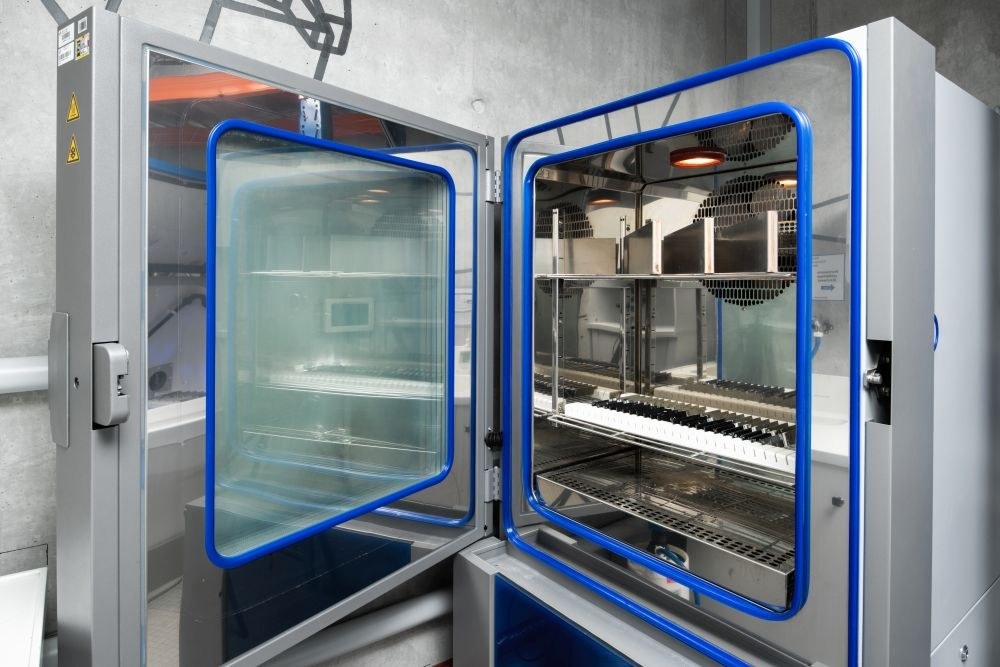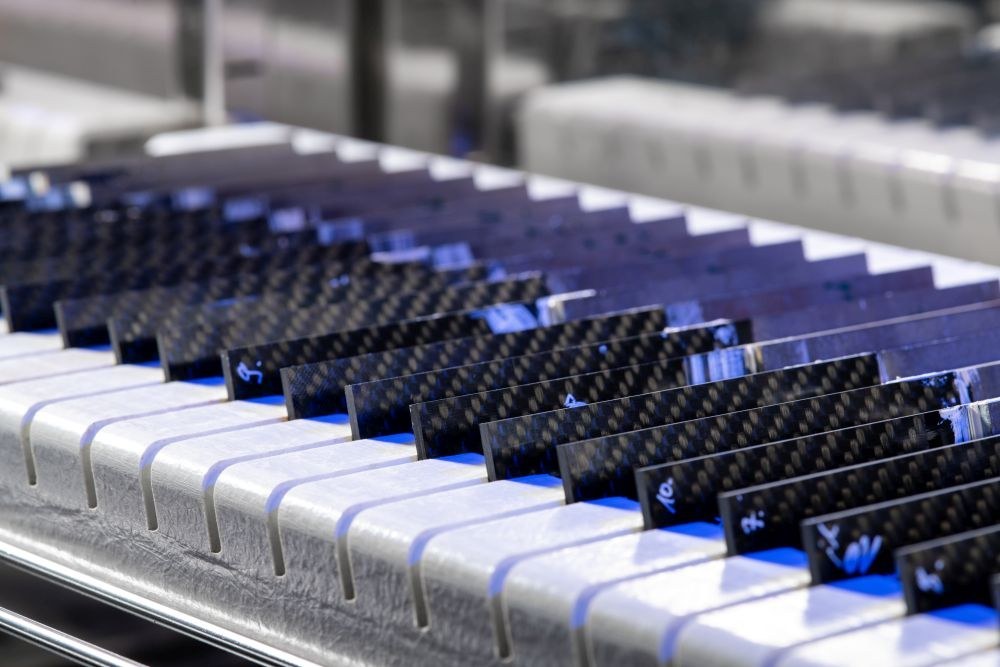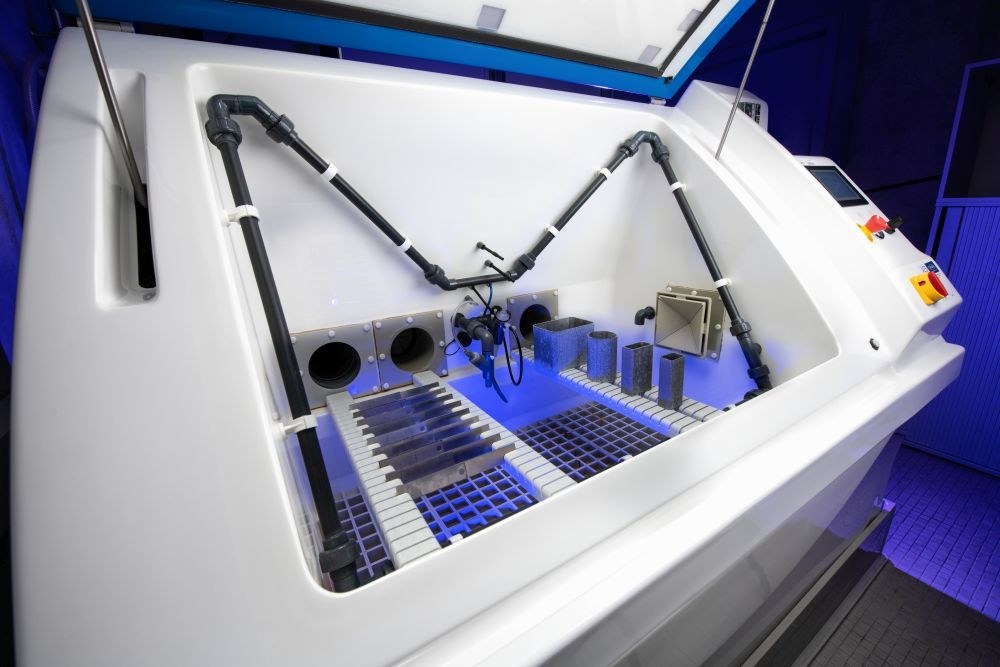Corrosion testing laboratory
Areas of application and unique characteristics: | |
|---|---|
Carrying out climate change, salt spray and condensation water tests | |
VDA 233-102, ISO 3768, ISO 9227, DIN EN ISO 9227 or DIN EN ISO 6270-2 as well as climate change test standards | |
Tests according to international standards | |
Individual test conditions | |
Technical data: | |
Test chamber volume | 200 litres |
Test chamber dimensions (L x H x W) | 650 mm x 750 mm x 400 mm |
Feed-through | ø 50 mm |
Temperature working range | -40 °C to +180 °C |
Cooling rate according to IEC 60068-3-6 | 4,0 K/min |
Heating rate according to IEC 60068-3-6 | 4,0 K/min |
Temperature constancy | ≤ ± 0,3 K |
Climate working range | +10 to +95 °C |
Humidity range | 10 to 98 % r.H. |
Humidity constancy | ≤ ± 0,3 % r.H. |
Available components: | |
Software for programming and documentation | |
Insert grids (height-adjustable) | |
Sample holder with fixed slots | |
Bar for test item holder | |
Manufacturer: | CTS GmbH |
Type: | C-40/200 |
Areas of application and unique characteristics: | |
|---|---|
Carrying out climate change, salt spray and condensation water tests | |
VDA 233-102, ISO 3768, ISO 9227, DIN EN ISO 9227 or DIN EN ISO 6270-2 as well as climate change test standards | |
Tests according to international standards | |
Individual test conditions | |
Technical data: | |
Test chamber dimensions (L x H x W) | 1010 mm x 640 mm x 1140 mm |
Test chamber volume | 450 litres |
Feed-through | ø 50 mm |
Temperature working range | -40 °C to +70 °C |
Climate working range | +10 to +60 °C |
Humidity range | 5 to 98 % r.H. |
Humidity constancy | ± 5,0 % r.H. |
Salt spraying | up tp max. +50 °C |
Available components: | |
Software for programming and documentation | |
External mobile storage tank for spray solution (80 litres) | |
Grid for holding the test items | |
Sample holder with fixed slots | |
Bar for test item holder | |
Manufacturer: | Ascott Analytical Equipment Ltd |
Type: | 617/450 |






